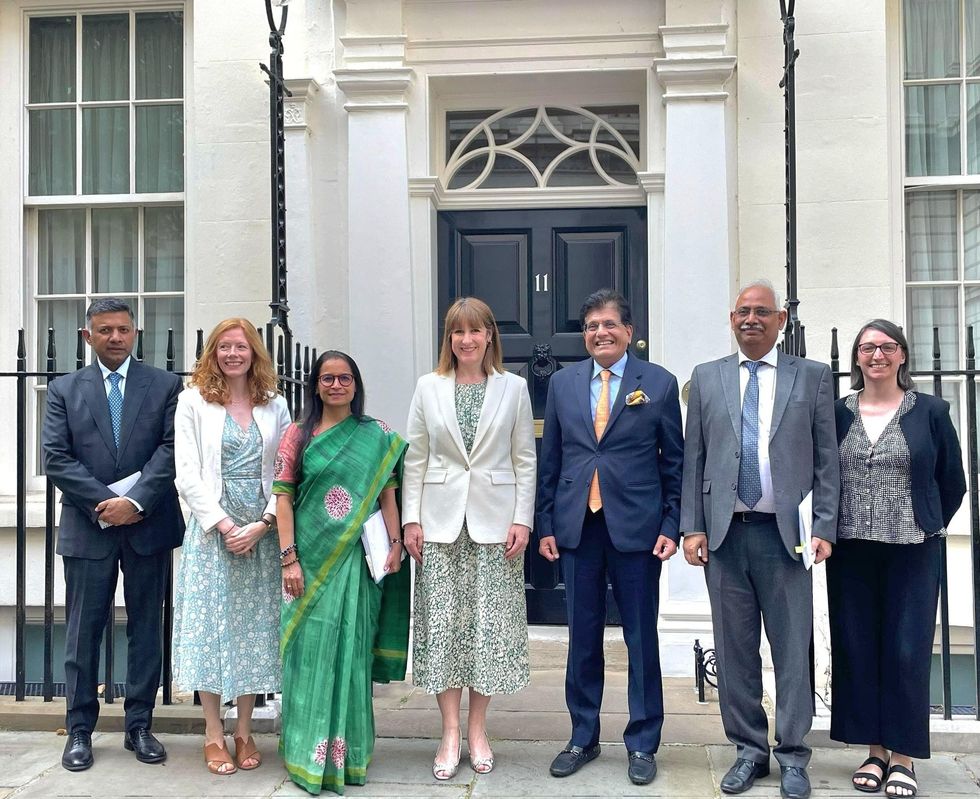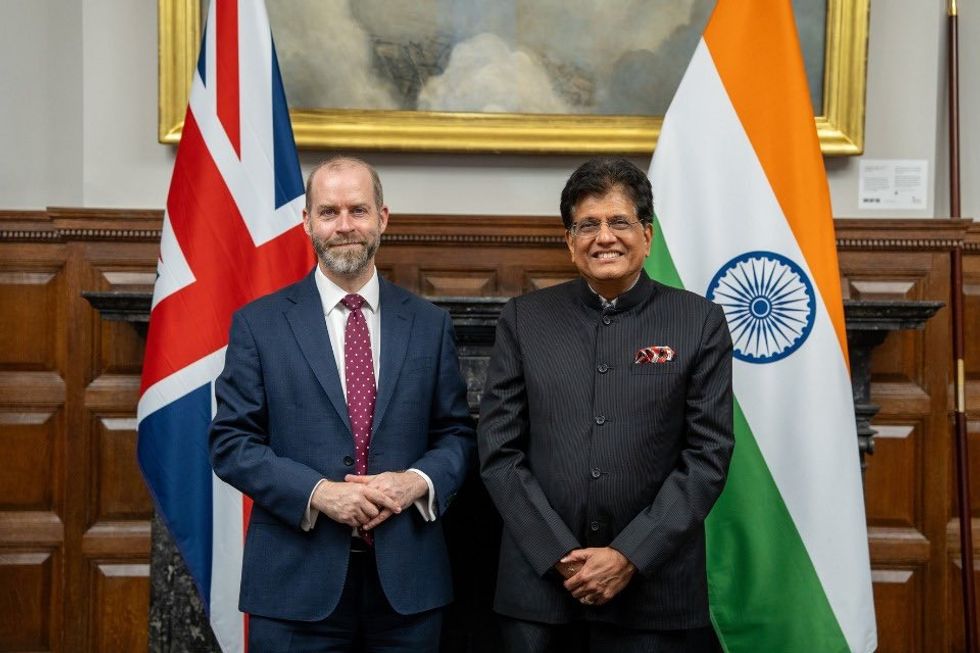Indian Railways in next five years would completely switch to the electric trains, weeding out the diesel based engines completely.
The move comes after two months post run-in with manufacturing giant GE over the making of diesel locomotives.
Speaking at a meeting of the executive committee of the industry lobby group Federation of Indian Chambers of Commerce and Industry (FICCI) on Tuesday, Railway Minister Piyush Goyal said, "We have planned to switch all trains to electric-driven in the next five years."
He further added that the diesel locomotives would be used for backup purposes in the yards.
The current decision of switching entirely to electric trains would help the railways to save around Rs 11,500 crore (billion) on an annual basis.
However, the move raises clouds of doubt ober GE’s Marhaura diesel locomotive project in Bihar, where the company is setting up a factory at an estimated cost of Rs 2,052.58 crore (billion).
Under the project, Railways Ministry has limited equity contribution which was planned for over a period of 10 years, whereby, GE was to supply 1,000 diesel locomotives of 4,500 and 6,000 horsepower with high-level performance guarantees.
Spokespersons for GE have not reacted over the issue yet.
Meanwhile, for ensuring the safety of passengers, Indian Railways is diverting new tracks to replace the old ones instead of just laying down new lines.
Railways Minister Piyush Goyal informed that new tracks are being diverted for track renewal and the government is committed to the task at hand that there are no budget constraints.
Recently, Railways had floated a global tender for procuring 7 lakh metric tonnes of rails for track renewal.
Moreover, sources in the ministry said that in order to uplift passenger experience, the national carrier was in the process of procuring and installing one lakh television screens at stations across the country.
Sources also added that apart from this, to add to passenger comfort the railways would be installing several lakhs (millions) more chairs at the top 1,000 or 1,500 railways stations where footfall was highest.
Earlier, Prime Minister Narendra Modi had appealed to all MPs to set aside a portion of their MPLADS funds for providing better amenities at stations under their constituencies.

















 Piyush Goyal with shadow chancellor Rachel Reeves (centre), Vikram Doraiswami and other officials at the India Global Forum
Piyush Goyal with shadow chancellor Rachel Reeves (centre), Vikram Doraiswami and other officials at the India Global Forum And , Goyal with Jonathan Reynolds
And , Goyal with Jonathan Reynolds